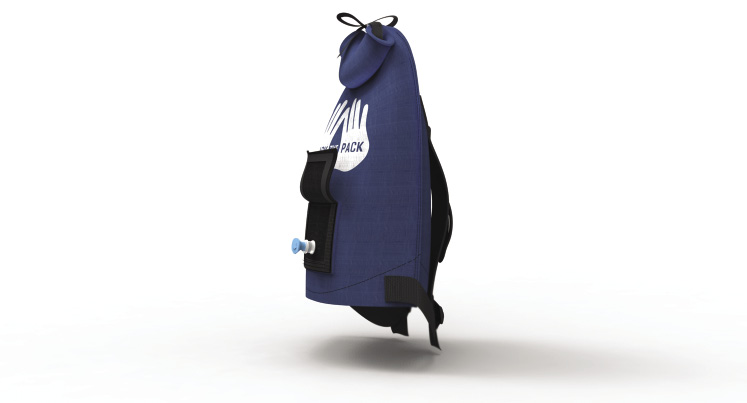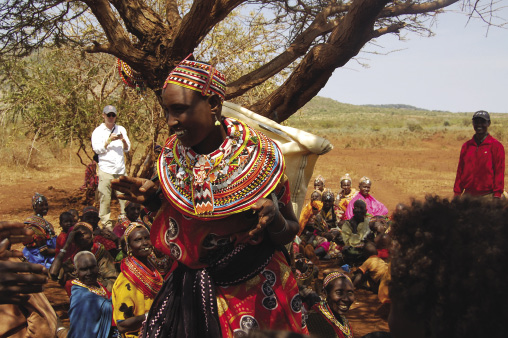- Home
- Media Kit
- Current Issue
- Past Issues
- Ad Specs-Submission
- Ad Print Settings
- Reprints (PDF)
- Photo Specifications (PDF)
- Contact Us

![]()
ONLINE
packH20
Editors’ Note
Named CEO in 2011, David Fischer joined Greif in 2004 as Senior Vice President and Divisional President, Industrial Packaging & Services-Americas. He later assumed responsibility for IP&S operations in Asia, Australia, and Africa. Prior to Greif, Fischer was Business Vice President for the Polyurethanes business at Dow. He has a bachelor’s degree from Purdue University where he studied chemistry.
Company Brief
Greif (www.greif.com) is a world leader in industrial packaging products and services. The company produces steel, plastic, fibre, flexible, corrugated and multiwall containers and containerboard, and provides reconditioning, blending, filling, and packaging services for a wide range of industries. Greif also manages timber properties in North America. The company is strategically positioned in more than 55 countries to serve global as well as regional customers.

packH20
How did you determine that packH20 was a good fit for Greif and that you could be of benefit to this cause?
I’m blessed to work for a 135-year-old company where giving back has long been a mantra of our culture. Greif lives by the belief that how we treat others really matters. Being a member of the Clinton Global Initiative afforded me the opportunity to find a way for Greif to contribute.
My life experiences are what led me to the backpack concept; utilizing the packaging resources of Greif. My personal experiences with cancer, and my environmental health and safety training working 20 years for Dow Chemical and some product design exposure led to the first for-purpose, ergonomically correct personal water transport system that is for the poorest among us.
Traveling to countries we operate in around the world, I have all too often watched the poor carry their water daily in contaminated plastic containers. Thousands of people are doing fantastic work at generating clean water sources, but it’s all for naught when the clean water becomes contaminated by being put into these containers. We found a niche solution to a problem that challenges two billion-plus people every year.

packH20 in action in Africa
How have you overcome the challenges of distribution?
While serving customers in more than 50 countries around the world, we have a good global supply chain, but the last mile is really challenging. So we have had to develop partnerships with locally established NGOs that will not only distribute the packs but train these people in how to utilize the packs properly and, most importantly, how to keep them sterile with repetitive use.
The partnerships we develop have that capability for distribution and training, as well as the trust of the locals so we can get them to properly use them: people like Partners In Health, Dr. Paul Farmer’s group out of Harvard; Operation Blessing, which stems from Pat Robertson’s 700 Club; Habitat for Humanity International and local; Special Olympics; and Partners In Care out of Africa.
To make it sustainable, we need that training aspect as well as expertise in building microenterprises with people locally sewing the backpacks – the backpack was designed to cost about the same as a McDonald’s hamburger to produce, and to get it around the world and across that last mile, it had to be flexible.
We can send local entrepreneurs the fabric, the lining, and the strapping and they can participate in the value chain to make it sustainable.
Are you surprised that more hasn’t been done to attack the problem?
The numbers are staggering – over two billion people are living with the daily challenge of gathering water. Even with 280 manufacturing sites around the world, we can make 100 million of a certain product line, but that is 5 percent of the addressable problem.
The surprise for me is that there is virtually no material work of scale being done on the personal water transportation issue – and that is the Achilles’ heel of the water problem. The unfortunate hard truth of water philanthropy: generating clean water is a feel-good and absolutely necessary initiative and is being done well, but some people don’t want to acknowledge that the hard-to-address problem is in keeping the water clean until the family consumes it at home.
How important is it to put metrics in place to track the impact of these efforts?
I’ve learned that no matter how hard I try to convince certain people – and this is largely Western based academics who critique the philanthropic efforts in the world and philanthropic-minded NGOs that are Western based – they always ask for metrics. So we hired Battelle Institute, the world’s largest nonprofit research and development organization, to do contamination studies of existing vessels. We also partnered with Dr. Paul Farmer out of Harvard and Partners In Health to do social and economic studies of people using the packs so I could generate quantified data to convince people that we’re onto something that matters.
I often disperse the packs to these women firsthand and in some cases, they are nearly euphoric about getting the product. When I get that response, I don’t care about the analytics or justifying our approach to academic-minded researchers; I know we’re making a difference.•
“Habitat for Humanity International is truly blessed to play a role in introducing the packH2O water backpacks to families and communities as part of regular programming, through partners and in connection with disaster response where Habitat has field-tested the packs in 18 locations throughout Europe, Latin America, and Asia-Pacific. Teaching refugees in a camp for IDPs (internally displaced people) in Kenya and rural farmers in Nicaragua how to use the packs for carrying water safely has been uplifting. Habitat is currently testing the health benefits of the packs resulting from reductions in water-borne illnesses and physical pain associated with water transport.
Based on the success of these activities to date, Habitat country programs have requested 117,000 more packs. Habitat is working with Greif to identify resources to proceed with placement of 100,000 packs in nine countries over the next 12 months. In addition, having met collectively with water experts at the Centers for Disease Control and Prevention (CDC) about the packs, Greif and Habitat are exploring research relating to the packs and a global water and sanitation partnership whereby the packs and other Greif products would enable Habitat to reach a broad array of people in need of shelter and access to clean water on a global scale.”
-Liz Blake, Senior Vice President, Government Affairs, Advocacy and General Counsel, Habitat for Humanity